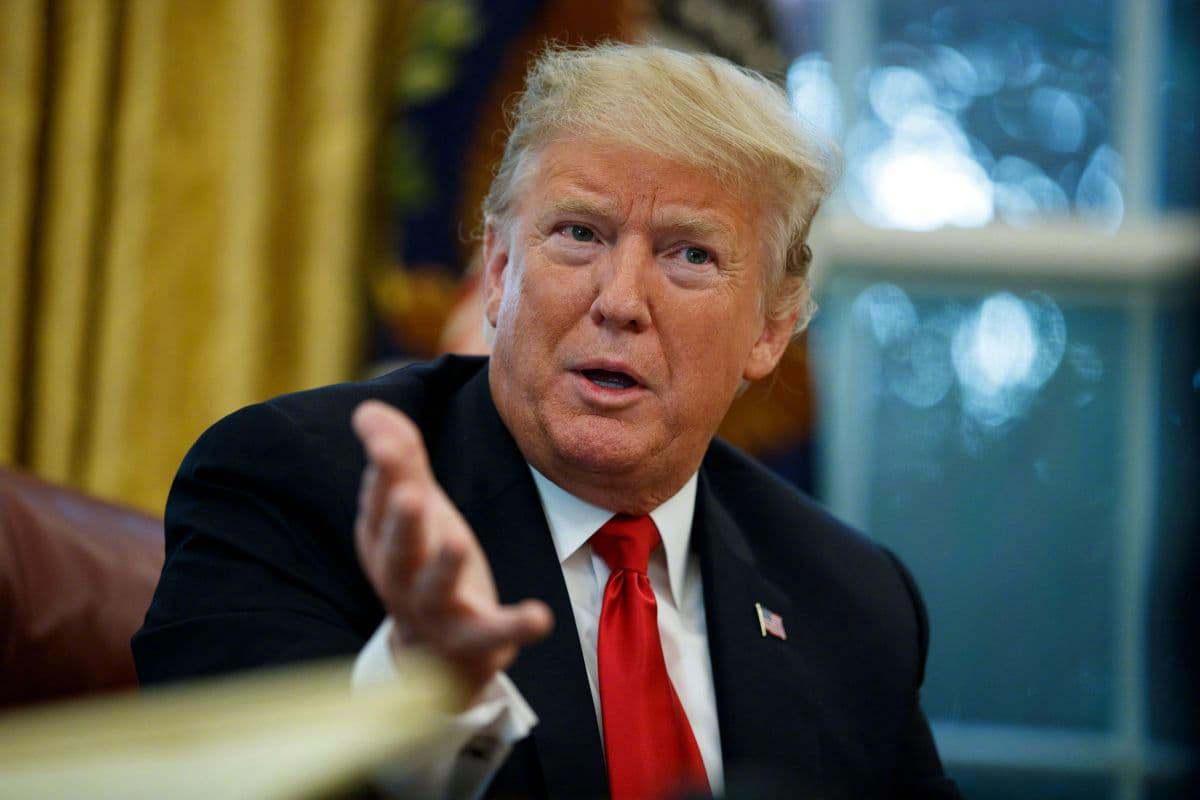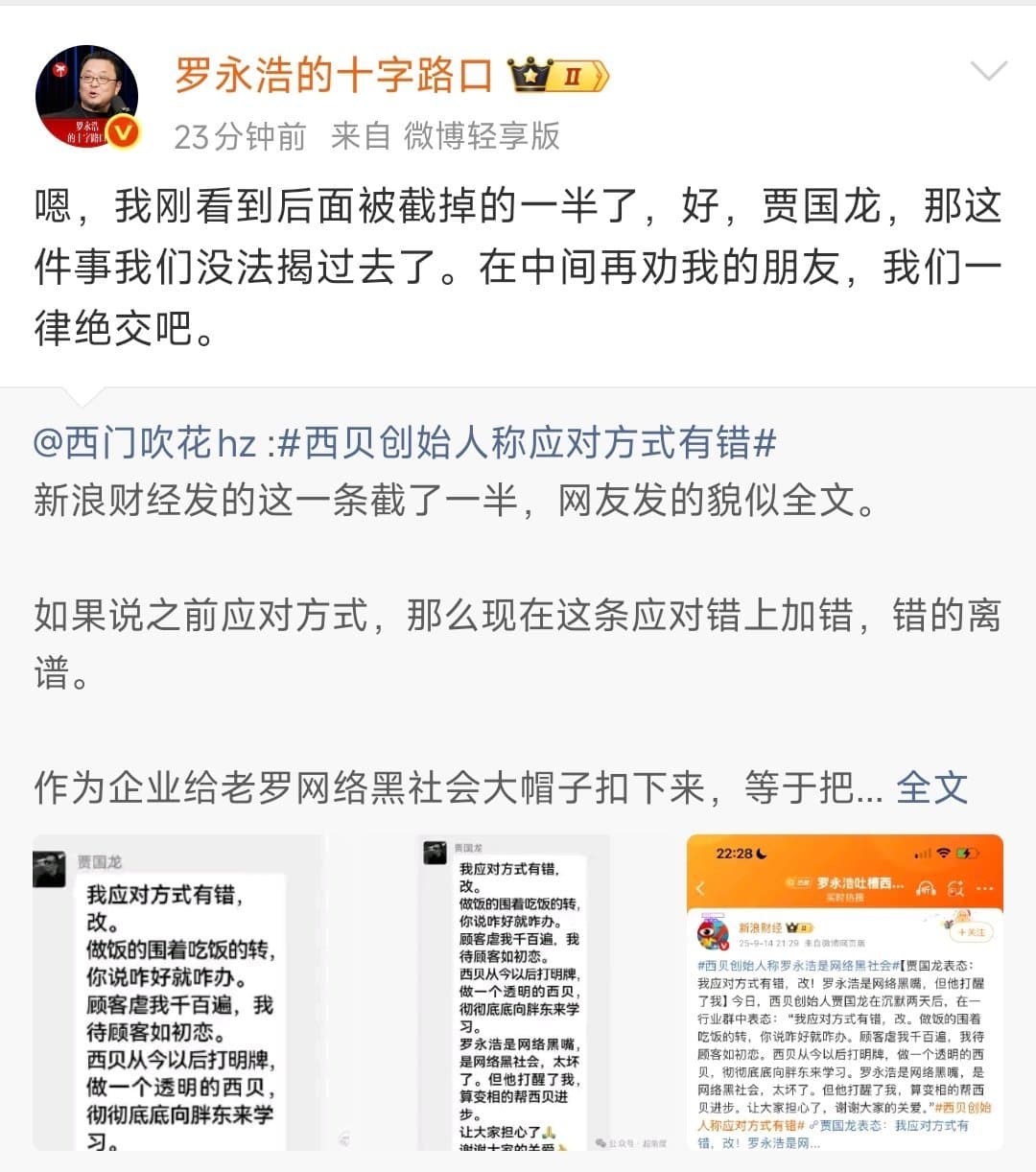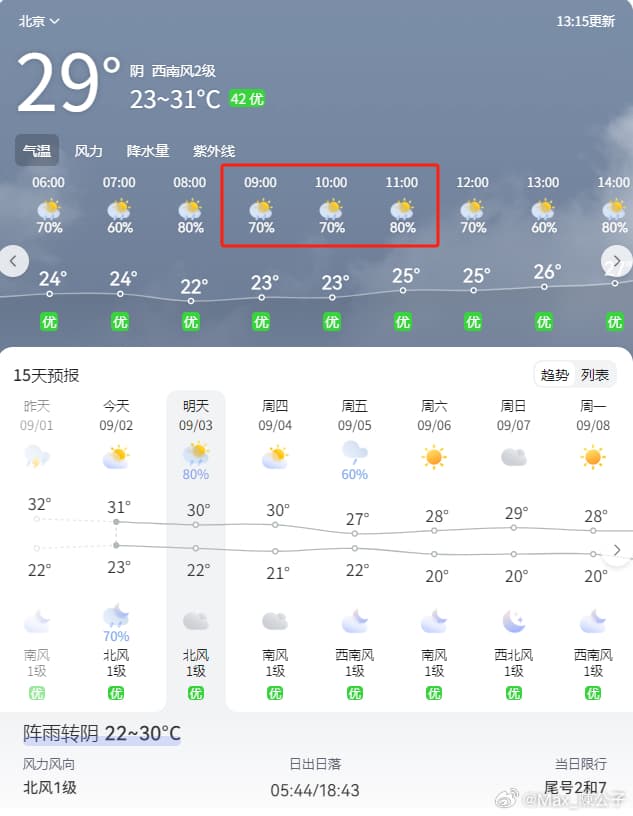US and Ukraine to Sign $50 Billion Mining Rights Agreement Amid Geopolitical Tensions
According to recent statements, US Treasury Secretary Janet Yellen's counterpart expressed that Ukrainian President Zelensky has assured him that Ukraine will sign a $50 billion agreement to transfer Ukraine's mining rights. However, new information has come to light, indicating that the actual figure may be significantly higher, with some reports suggesting a $5,000 billion deal. The announcement was made by the US Treasury Secretary, who stated that the agreement is expected to be signed, although it has not been signed yet. This development comes amid ongoing tensions between Russia and Ukraine, with the US playing a significant role in attempting to broker a resolution to the conflict.

20 February 2025
The agreement, if signed, would mark a significant move by Ukraine to secure its economic future, while also providing the US with access to Ukraine's valuable mineral resources. The situation is being closely watched, with implications for global markets and the ongoing conflict in the region. The recent announcement comes nearly three years after the start of the Russia-Ukraine conflict, during which the United States has provided Ukraine with approximately $670 billion in weapons and equipment, as well as $315 billion in direct financial support. However, some critics argue that this substantial aid has come with significant strings attached, with the US seeking to exert considerable influence over Ukraine's economic and political development.
The relationship between the US and Ukraine has become increasingly complex, with recent comments by former President Trump suggesting that Ukraine's existence as an independent nation might be at risk, underscoring the high stakes involved in the conflict and the negotiations surrounding economic and military aid. The mention of a $5,000 billion agreement has sparked questions about the future of US-Ukraine relations, the conditions attached to such a deal, and how it aligns with the broader geopolitical strategies of both nations. Energy experts have also weighed in, expressing skepticism about the existence of significant rare earth reserves in Ukraine, with some suggesting that the US may be overestimating the value of Ukraine's mineral resources.

The announcement of the agreement has sparked intense opposition and criticism within Ukraine, with many Ukrainians viewing this deal with skepticism, fearing it could undermine their country's interests and sovereignty. Critics argue that such a substantial financial commitment could lead to undue influence from the United States, potentially compromising Ukraine's ability to make independent decisions on its economic and political future. Moreover, the timing of this agreement, coming after years of conflict that have depleted Ukraine's resources and infrastructure, has raised concerns that the country may be vulnerable to exploitation.

President Zelensky's administration faces significant pressure to demonstrate that this agreement will indeed benefit Ukraine, rather than merely serving the interests of external parties. The challenge lies in balancing the need for economic support and reconstruction with the imperative of preserving national sovereignty and ensuring that any international agreements align with the long-term interests of the Ukrainian people. As the situation continues to evolve, it remains to be seen how the US will balance its competing interests in the region, and whether its support for Ukraine will be seen as genuine or self-serving. The $5,000 billion deal announced by Secretary Yellen has the potential to significantly impact the Ukrainian economy, but it also raises questions about the long-term implications for the country's sovereignty and independence.

The US has been a key supporter of Ukraine in its conflict with Russia, providing significant financial and military aid. However, some critics argue that the US is using Ukraine as a proxy to counter Russian influence in the region, rather than genuinely supporting the country's independence and sovereignty. The comments made by Russian President Vladimir Putin's spokesperson, Dmitry Peskov, suggesting that the US is "fighting to the last Ukrainian" and that Russia is open to a peaceful resolution to the conflict, have further muddied the waters. The US has denied these claims, with Secretary Yellen stating that the US is committed to supporting Ukraine's economic and political development. As the situation continues to unfold, the international community will be watching closely to see how the US-Ukraine relationship evolves and what implications this may have for global stability and security.

Comments


Share this article
Related Articles

Xi Jinping Elevates Cybersecurity to Core National‑Security Pillar, Driving China’s Quest for a Cyber Superpower
By Trending on Weibo
News & Politics
15 Sept 2025

Luo Yonghao vs. Xibei: Celebrity Entrepreneur Sparks Media Storm Over Pre‑Made Dishes and Calls for Transparency
By Trending on Weibo
News & Politics
15 Sept 2025

Weibo Celebrates Autumn Harvest as China’s Fields Become the Nation’s Most Beautiful Canvas
By Trending on Weibo
News & Politics
15 Sept 2025
China Enacts First Comprehensive Rental Regulations to Legalize and Stabilize the Rental Market
By Trending on Weibo
News & Politics
15 Sept 2025

Beijing’s Weather Emerges as a Barometer for China’s Climate Policies and Public Life
By Trending on Weibo
News & Politics
13 Sept 2025


